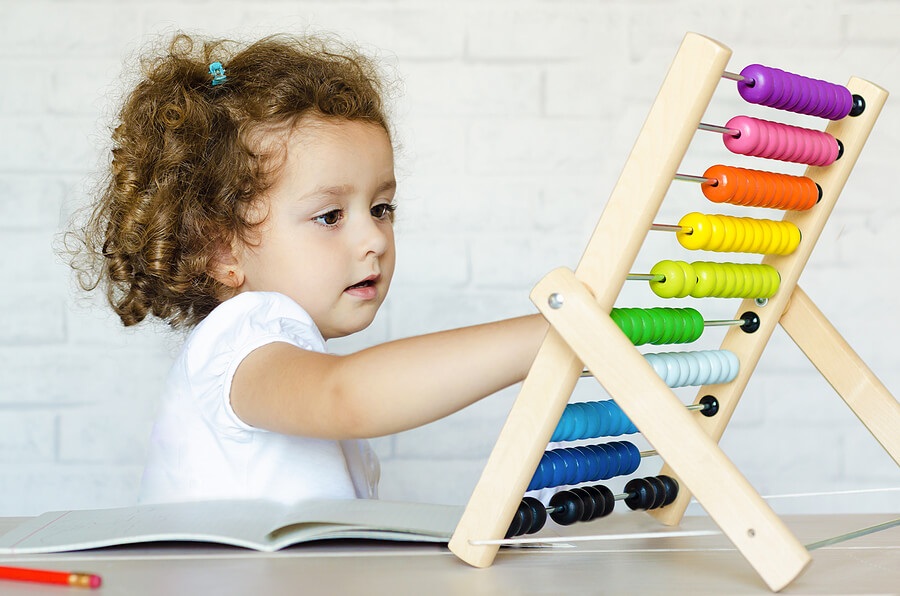The Montessori Method is a carefully designed educational system developed by Maria Montessori in 1906. It is considered to be a whole-child developmental program, and introduces several aspects of teaching that are not found in the more traditional systems. Montessori daycare classrooms are easily identifiable by observing specific traits such as the ones discussed here.
- Child-Friendly Environment
A Montessori classroom provides a child-centered environment where children have the freedom to choose their activities and work at their own pace. The classroom is designed to be child-sized, with child-sized furniture and materials placed on low shelves so that children can access them easily. To make activities easy to access, each one is kept in its own space, and maintaining an orderly room is a routine activity.
- Hands-On Activities
In a Montessori daycare classroom, children learn through hands-on experiences. The materials are designed to be self-correcting, which allows children to learn independently and at their own pace. For example, children may work with materials such as puzzles, blocks, and manipulatives to develop their fine motor skills, spatial awareness, and problem-solving abilities.
- Mixed-Age Groups
In a Montessori preschool classroom, children of different ages work together in mixed-age groups. This creates a natural learning environment where younger children can learn from their older peers, and older children can develop leadership skills and reinforce their knowledge by teaching younger children. This promotes individualized instruction, where teachers observe each child’s interests, strengths, and challenges and provide guidance accordingly.
- Respect for the Child
The Montessori method emphasizes respect for the child. Teachers treat children with respect and dignity, and children are encouraged to do the same with their peers. This creates a peaceful and supportive classroom environment where children feel safe and valued. Teachers offer individual lessons and allow children to work at their own pace, which encourages independence and self-motivation.
Another key feature of authentic Montessori schools is that they are accredited by the American Montessori Society or a similar Montessori Organization. Even the teachers go the extra mile in Montessori, attending Montessori-specific training in addition to the educational training and annual refreshment courses required of all educators. Even when a school has authentic activities, it isn’t an authentic school unless it bears Montessori certification.
